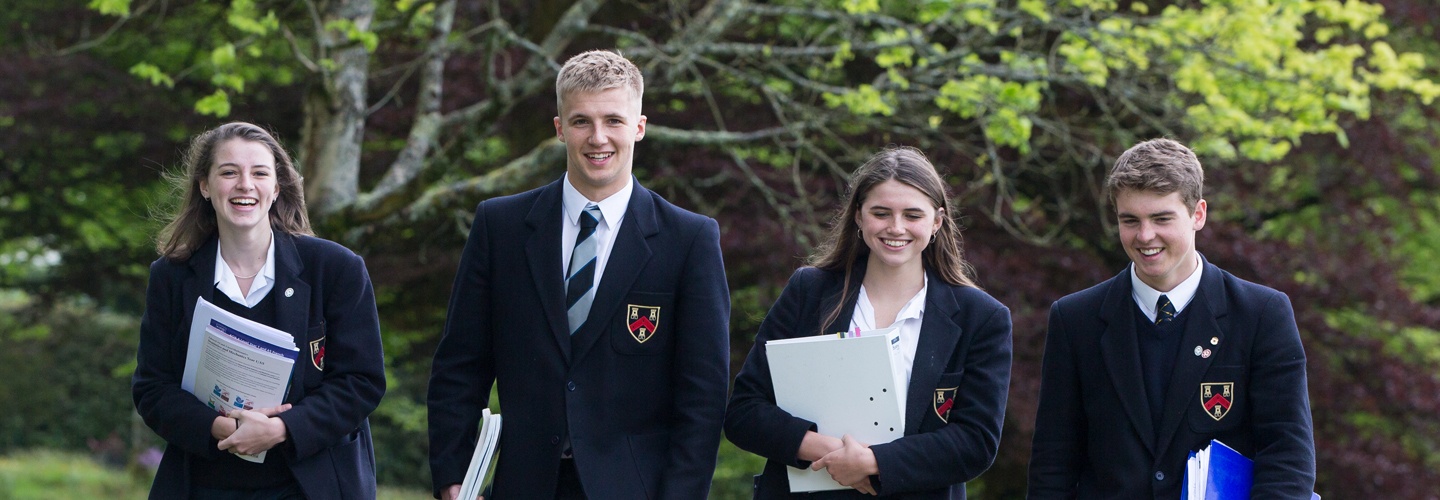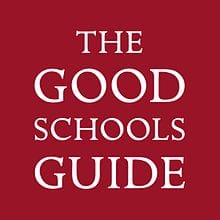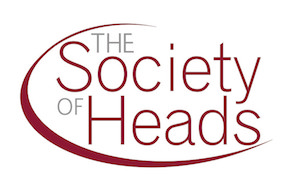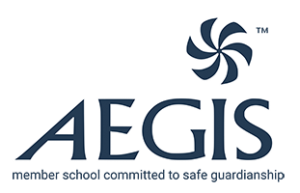We believe that A Levels provide the most effective route for our pupils to study at the top universities in the country. Expert support from a dedicated team of staff eases the application process to university and the majority of our pupils are accepted by their first choice institution.
The academic curriculum is strengthened and broadened by a programme of lectures, off site excursions, links with Plymouth and Exeter Universities and the opportunity to study the Extended Project Qualification. The importance of independent learning is fundamental to teaching styles throughout the School. However, in the Sixth Form, increasing independence is encouraged and the pupils learn to work autonomously whilst enjoying the safety net provided by dedicated academic staff and unrivalled pastoral care.
Our Head of Sixth Form, Miss Callard is always available to advise and assist with career choices and global university applications and she is well supported by a team of dedicated Tutors.









